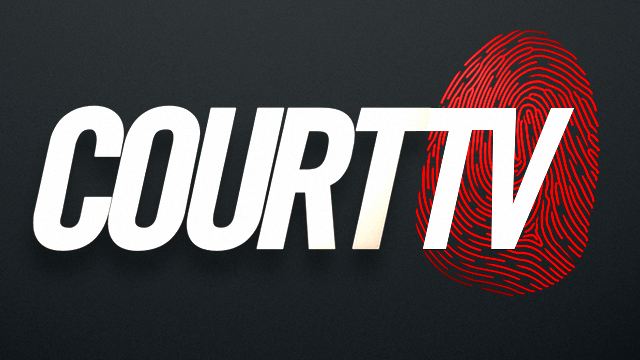Hire a Prison Consultant with
OVER 20 YEARS EXPERIENCE
We've helped over
Clients
Return to their families as quickly and safely as possible.
What is Conspiracy?
Conspiracy, a distinct white-collar offense, refers to an agreement between two or more persons to commit an illegal act. The crime does not solely revolve around the accomplishment of the illicit objective but hinges on the very intention and pact to execute it. Unlike other crimes, where the act itself is the primary focus, conspiracy emphasizes the collusive intent. It’s worth noting that in conspiracy, the end crime (e.g., fraud or robbery) doesn’t need to be realized; the mere agreement and intent to break the law suffice for charges.
Conspiracy Charges and Statutes
The general federal statute addressing conspiracy is 18 U.S.C. § 371. Under this law, it’s illegal to:
- Conspire to commit an offense against the United States, or
- Conspire to defraud the United States in any manner or for any purpose.
The statute covers a broad range of conspiratorial actions, whether aimed directly at violating federal laws or indirectly through deceitful means that impair and obstruct the functions of federal agencies.
Conspiracy Investigations
Given the clandestine nature of conspiracies, the investigation process is intricate and often calls upon the expertise of various federal agencies. Foremost among these are:
- The Federal Bureau of Investigation (FBI), equipped with the tools and experience to delve deep into secretive agreements and plots.
- The Department of Justice (DOJ), which oversees a vast array of conspiracy cases, given its wide jurisdiction.
- The Bureau of Alcohol, Tobacco, Firearms, and Explosives (ATF), especially when the conspiracy relates to firearms, explosives, or arson.
These entities, in collaboration with state and local enforcement agencies, form a comprehensive investigative nexus to unearth and thwart conspiratorial designs.
Conspiracy Sentencing
In terms of sentencing, the U.S. Sentencing Guidelines provide a detailed matrix. Key determinants include:
- Nature and Scope of the Conspiracy: The more elaborate and harmful the intended act, the heavier the penalty is likely to be.
- Role in the Conspiracy: Whether an individual was a mastermind, an active participant, or a passive accomplice can heavily tilt the sentencing scales.
- Prior Criminal History: Individuals with prior conspiracy or other criminal convictions often face more stringent penalties.
- Acceptance of Responsibility: Demonstrating remorse and actively aiding the investigative process can mitigate the sentence.
Violations of 18 U.S.C. § 371 carry potential penalties of fines and/or imprisonment for up to five years. However, when the conspiracy involves an offense with its own defined penalty (like drug trafficking or terrorism), the penalties for that offense apply. As always, the particulars of each case guide the sentencing, making expert legal representation invaluable for those facing charges.
Facing Conspiracy charges can be an overwhelming experience.
Retaining the services of Wall Street Prison Consultants can provide valuable guidance on navigating the legal process and understanding the ramifications of going to trial versus taking a plea.
Their expertise can help you prepare for sentencing hearings, explore early release options or sentence reductions, and ensure that you are well-equipped to achieve the best possible outcome in your Conspiracy case.






